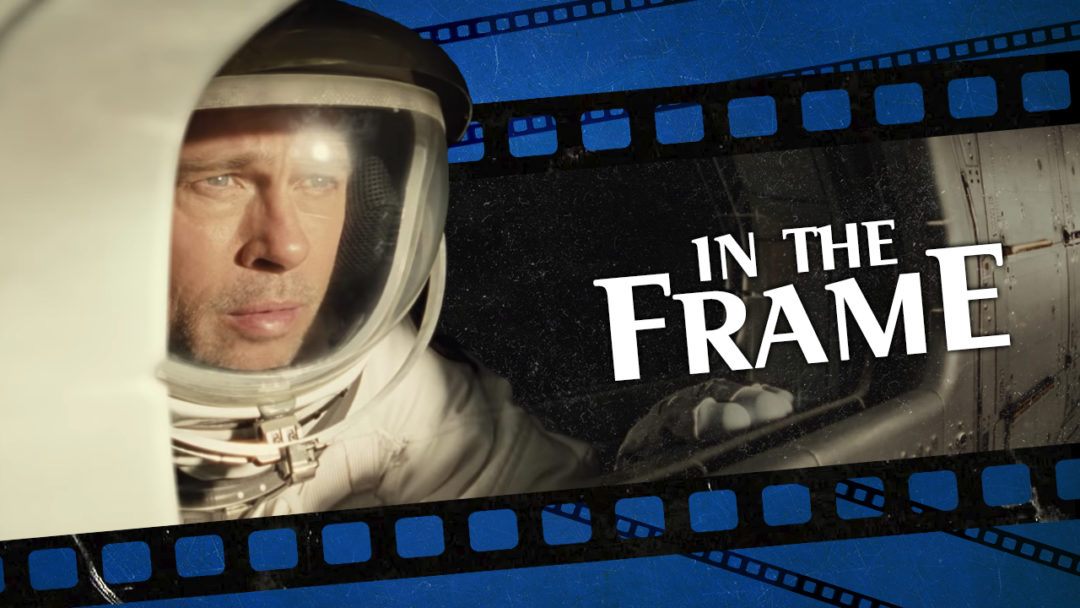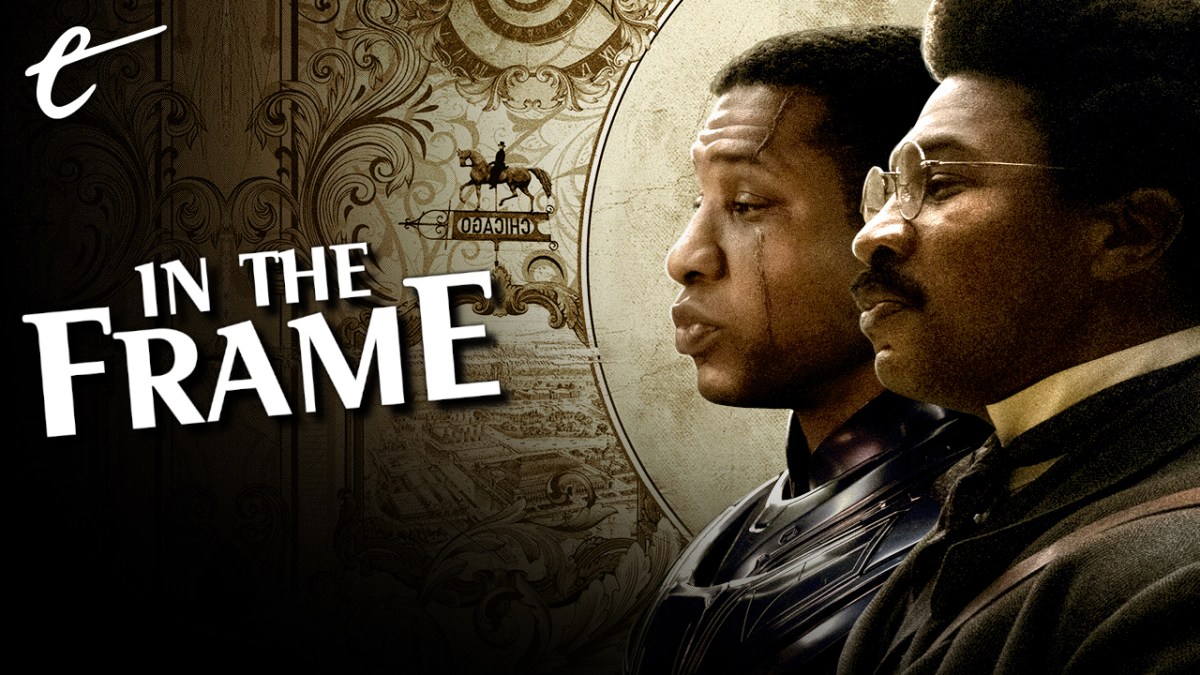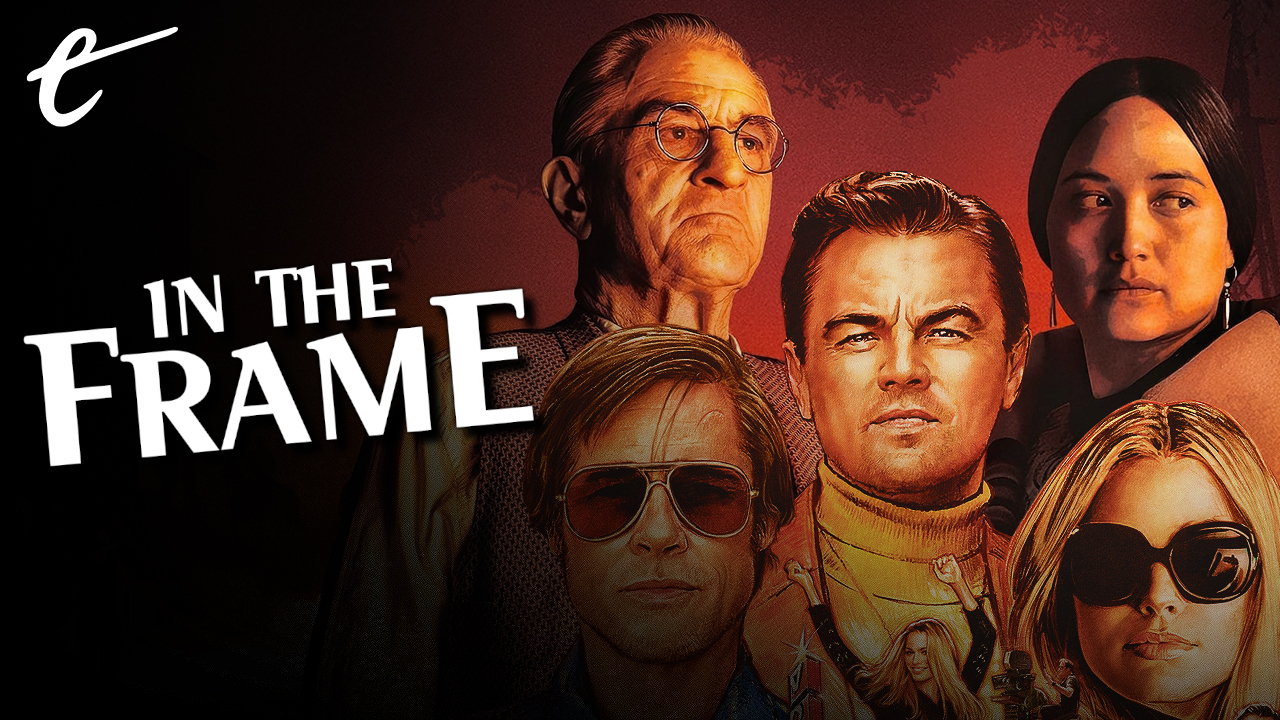This piece containers major spoilers for Ad Astra.
Space is largely empty. Based on rough calculations, matter makes up less than one sextillionth of a percent of the universe. This hasn’t stopped mankind from bringing its own baggage into the void. The space around Earth is full of junk, and the only life on the moon might be living in the human waste left there.
Ad Astra captures that paradoxical sense of clutter and isolation. Astronaut Roy McBride (Brad Pitt) finds himself drafted into a covert mission to Mars, which may be connected to the disappearance of his father. H. Clifford McBride (Tommy Lee Jones) led the LIMA expedition to Neptune that was meant to let mankind peer beyond the confines of the solar system and find intelligent extraterrestrial life.
The basic story template of a soldier dispatched on a mission to a remote outpost to establish contact with a superior who might have gone rogue evokes Joseph Conrad’s Heart of Darkness or Francis Ford Coppola’s Apocalypse Now. There are even faint traces of Star Wars in the film’s emphasis on reconciliation between father and son.
But director James Gray (The Immigrant and The Lost City of Z) owes his largest debt to Stanley Kubrick’s 2001: A Space Odyssey. This is most obvious during Roy’s commercial (Virgin Atlantic) flight to a lunar base populated by familiar brands like Subway. Like Kubrick, Gray is unafraid of silence and introspection, and extended stretches of the movie have minimal dialogue. Cinematographer Hoyte van Hoytema lends the film a cold and sterile feel that evokes Kubrick’s clinical style.

There is also a strong overlap in terms of plot. The final act of 2001 focused on a manned mission to Jupiter where humanity hopes to establish communication with an alien intelligence. Ad Astra pushes its characters further, with Clifford McBride searching for life around the rings of Neptune. However, there is one sizable difference.
2001 ended with astronaut Dave Bowman making contact with an extraterrestrial intelligence that existed “beyond the infinite.” The film’s stargate sequence remains a cinematic marvel, simulating the feeling of pushing past the limits of perception. 2001 was released just a year before the moon landing and crackled with Space Age enthusiasm.
Ad Astra offers a much less optimistic view of space exploration. Roy finds nothing at the furthest reaches of the solar system except his own father, who has himself found nothing but madness. There are no aliens waiting in the darkness. “We’re all we have,” Roy pleads with his father, a thought that is both terrifying and strangely affirming.
The universe of Ad Astra might not have intelligent extraterrestrial life, but it is still busy. Visiting the lunar hub, Roy muses that the moon has become home to “all the crap we were running from on Earth.” This includes fast food and commerce, but also open warfare. The surface of the moon is presented as a lawless frontier, with convoys regularly raided by pirates.

Earlier films like The Right Stuff or 2001 treated space travel as something transformative for the entire human race. Neil Armstrong promised that the lunar landing represented “one giant leap for mankind,” and the Apollo 11 plaque promised that the astronauts “came in peace for all mankind.” Ad Astra is not interested in these grand philosophical statements.
The film hews closer to other recent astronaut-centered films like Gravity, Interstellar, and First Man. These stories offer a more modern approach to space exploration by focusing on the human and individual side of the equation. They present space travel as a massive undertaking with huge repercussions, but they are also much more intimate in their character studies.
Like those films, Ad Astra is primarily interested in why somebody would go into space. In the opening scenes, Roy offers a half-hearted explanation that he wanted to become an astronaut for the betterment of mankind “and all that,” but the film quickly makes it clear that his willingness to throw himself into the void is a reflection of a deeper sense of personal disconnect.
Ad Astra is focused on Roy’s interiority. The movie is punctuated with routine psych evaluations in which he articulates his thoughts and perceptions of the universe. Ad Astra spends as much time contemplating the lover that Roy is leaving behind (Liv Tyler, perhaps cast in a nod to her role in the 1998 astronaut blockbuster Armageddon) as it does dwelling on his mission.
That mission certainly has high stakes. Roy’s father may be connected to an energy wave that killed thousands of people, and the film’s climax involves a nuclear explosion. However, the film presents Roy’s journey as a deeply personal endeavor, a son trying to reconnect with his father. On Mars, Roy sends a signal into the dark, pleading, “I am attempting to communicate.”
When he reaches Neptune, Roy does not find what he is looking for. Clifford is literally blind, his cataracts preventing him from immediately recognizing his rescuer. Roy never achieves the reconciliation that he seeks. Clifford does not regret leaving his family and chooses to consign himself to the void rather than return to Earth.
Ad Astra ends with Roy returning to Earth in a sequence that owes a lot to the end of Gravity. He travels light, bringing nothing back with him but the data that his father collected on lifeless alien worlds beyond the edge of the solar system.
2001 suggested that the answers to the mysteries of the universe might be found out there among the stars. Ad Astra argues that there is nothing out there except what mankind brings with them.





